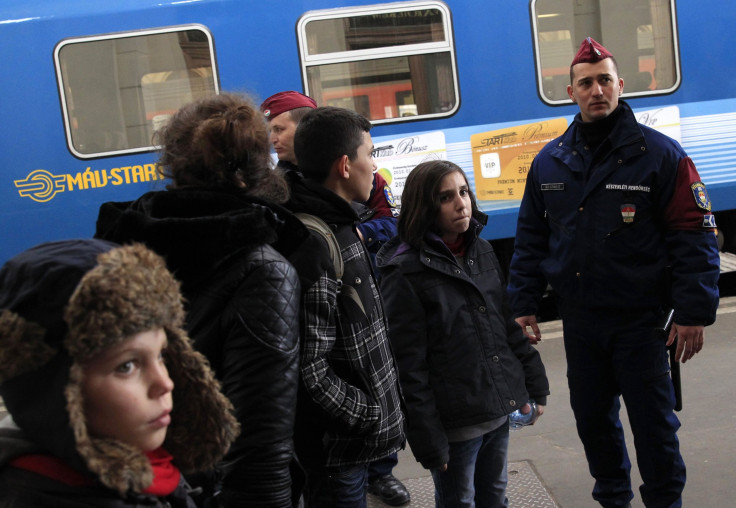Serbia Border Crisis: Hungary Flooded With Migrants, Latest European Nation To Battle Migration Problem

Serbia and Hungary are the latest European countries to struggle with a massive migration problem, as thousands of migrants have streamed from Serbia to Hungary, mostly from Kosovo, to seek a better life in the European Union. Around 23,000 migrants, mostly native Albanians, have arrived from Kosovo to Hungary since the start of 2015, according to Hungarian authorities. More than 100,000 have left Kosovo since last summer.
Afghans, Iraqis, Syrians and Somalians were among the other nationals received at the Hungarian border recently. Most migrants applied for asylum, but the crisis has led some Hungarian politicians to call for authorization to immediately deport any migrants who cross the border illegally from Serbia.
Antal Rogan, the parliamentary leader of Hungarian Prime Minister Viktor Orban’s Fidesz-KDNP group, said last week that “Hungary’s gates must be shut down to economic migrants.” His sentiment was echoed by the mayor of Asotthalom, a Hungarian border town and a common crossing point for migrants coming into Hungary from Serbia.
Many migrants say they were fleeing a lack of economic opportunity in Kosovo. “All these people, all from Kosovo because the economy is poor,” said migrant Malsor Sadiku, who was crossing near Asotthalom, according to Reuters. “No jobs, no money; we decide to go out from Kosovo and look for a job and better life.”
Kosovo, a semi-recognized state of only 1.8 million, has a GDP per capita just under $5,000, one of the lowest in Europe. After devastating ethnic wars following the breakup of former Yugoslavia, Kosovo declared itself independent from Serbia in 2008 but has yet to develop a viable economy. A third of Kosovar locals are unemployed.
At least 5,000 children were taken out of schools in Kosovo in recent months, never to return. The mass migrations out of Kosovo have hurt those who have stayed as well, including employers who are running low on labor.
© Copyright IBTimes 2025. All rights reserved.






















